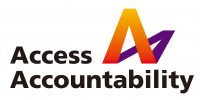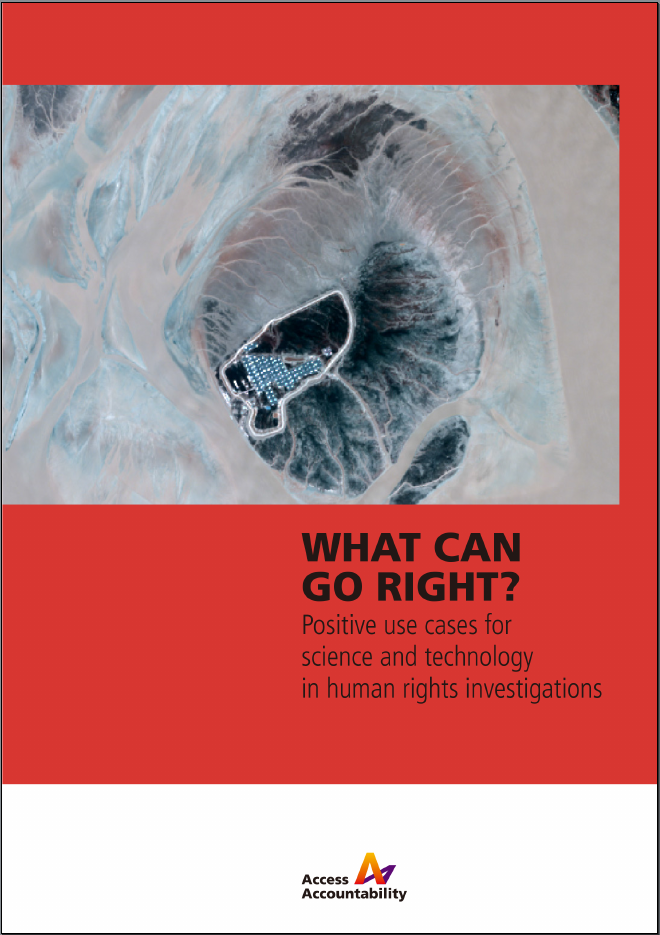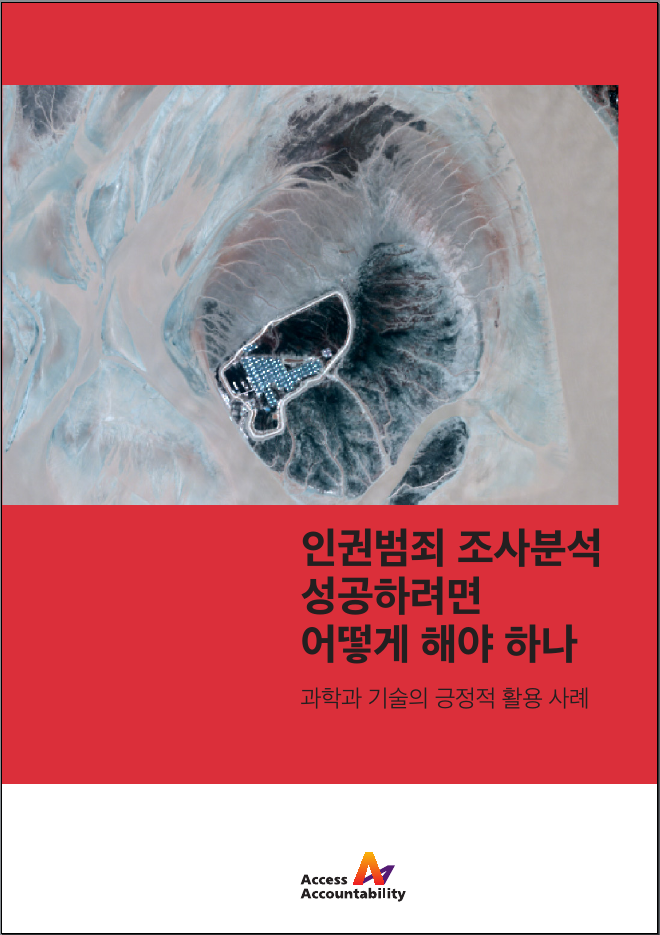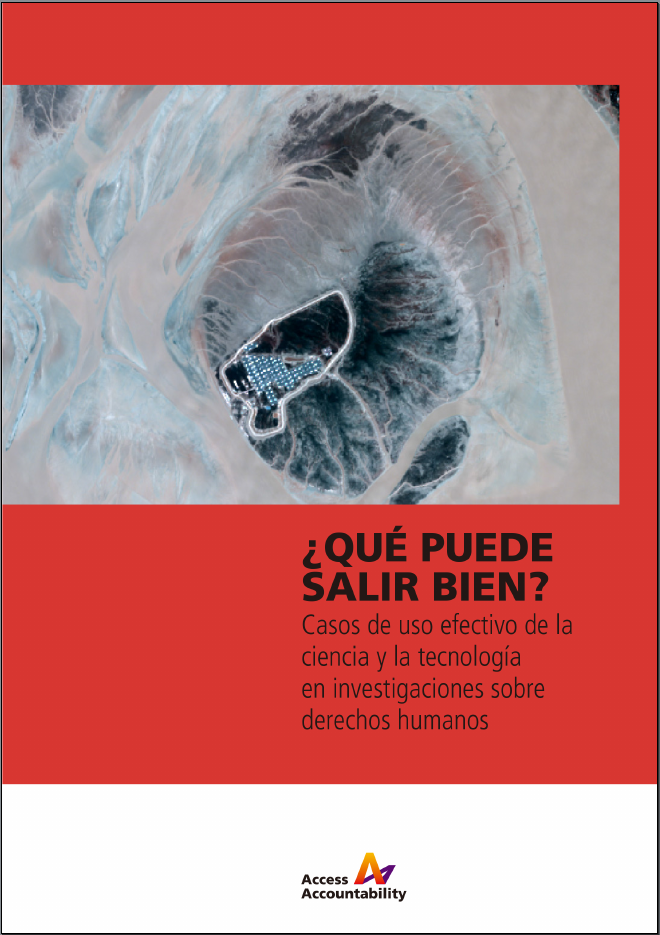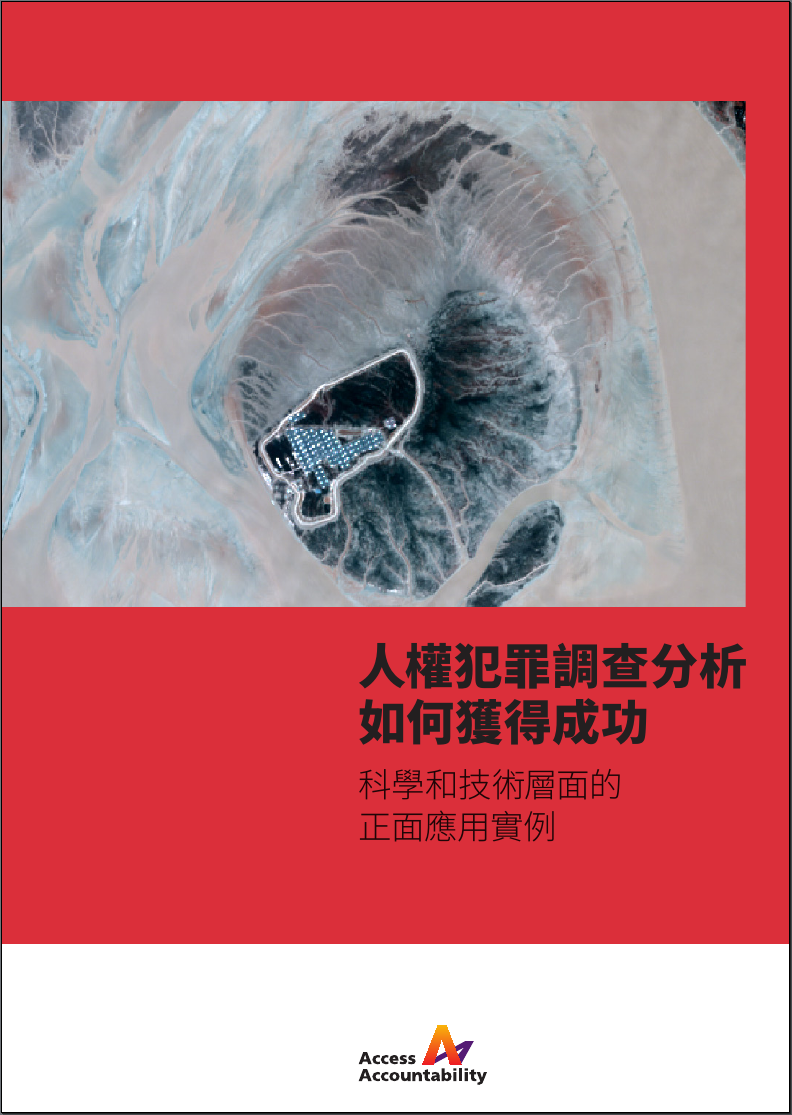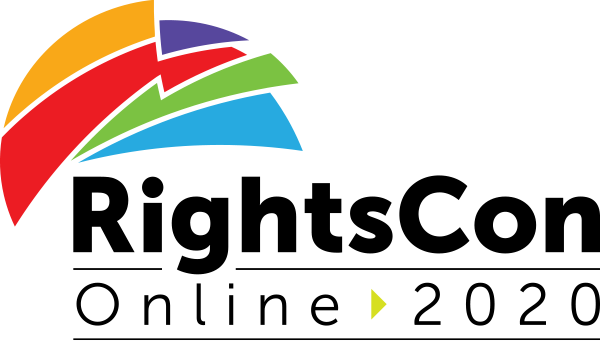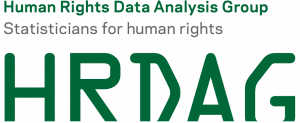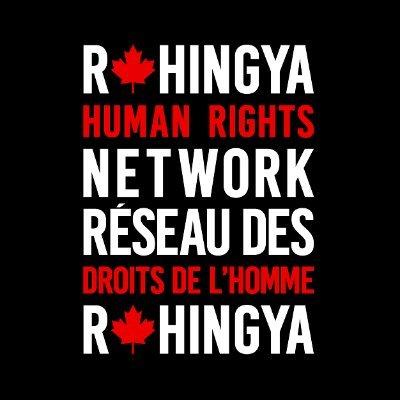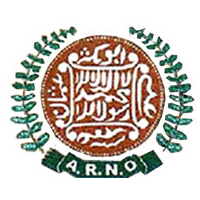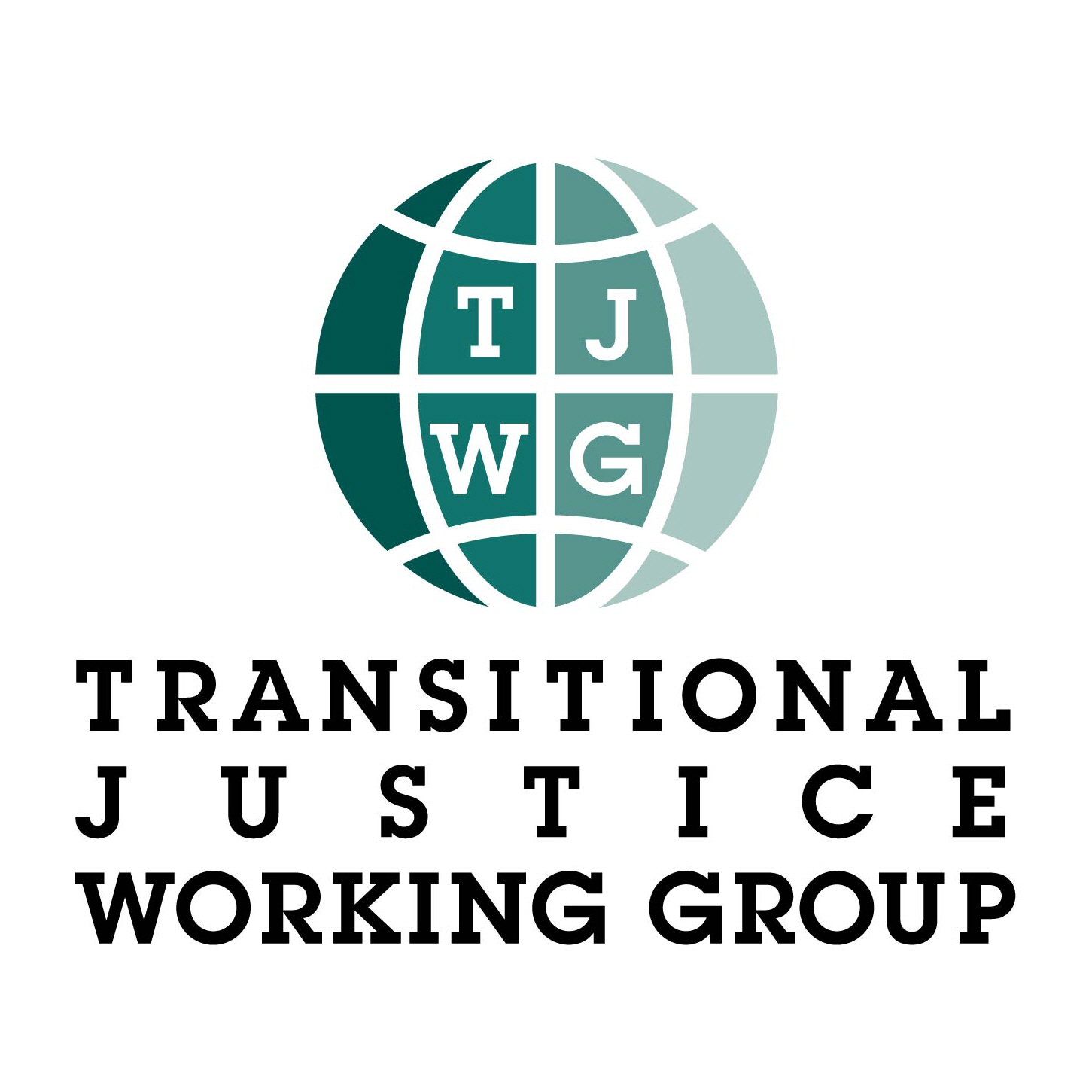Positive use cases for science and technology in human rights investigations
Case studies come from Mexico, where academics, civil society, and groups representing families of the missing are partnering with data scientists to use machine learning models to identify geographic locations where hidden graves from Mexico’s drug wars are likely to be found. The results of these models are providing victims’ families with a new and powerful tool to demand investigations into the location of their loved ones.
Rohingya human rights documenters and remote sensing experts are identifying mass graves in Rakhine state, where the Burmese government has perpetrated an ethnic cleansing campaign against the Rohingya people. Without on-the-ground access, documenters locate sites to identify victims, return remains to loved ones, support truth-seeking and memorialization efforts, and collect documentation leading to accountability.
Groups from four countries publish guidance manual to break down barriers between knowledge siloed in the fields of technology and human rights investigation and documentation. Grassrooots documenters and technology experts collaborate to show “What Can Go Right?” when using advanced tools to amplify the work of human rights documenters. This publication will guide documenters to apply these tools in contexts globally where on the ground access is limited or impossible due to violence, restricted access, or the ongoing pandemic.
- successfully identified localities with higher likelihood of mass graves
- successfully started work mapping systematic clearing of the Rohingya from Rakhine state
- guidance for civil society implementation, including resources needed and workflows
- published in Spanish, Korean and English
- invitation to support documenters in other contexts
- collaborations between: Rohingya Human Rights Network, Universidad Iberoamericana, Human Rights Data Analysis Group (HRDAG), University of Guelph, and Access Accountability
